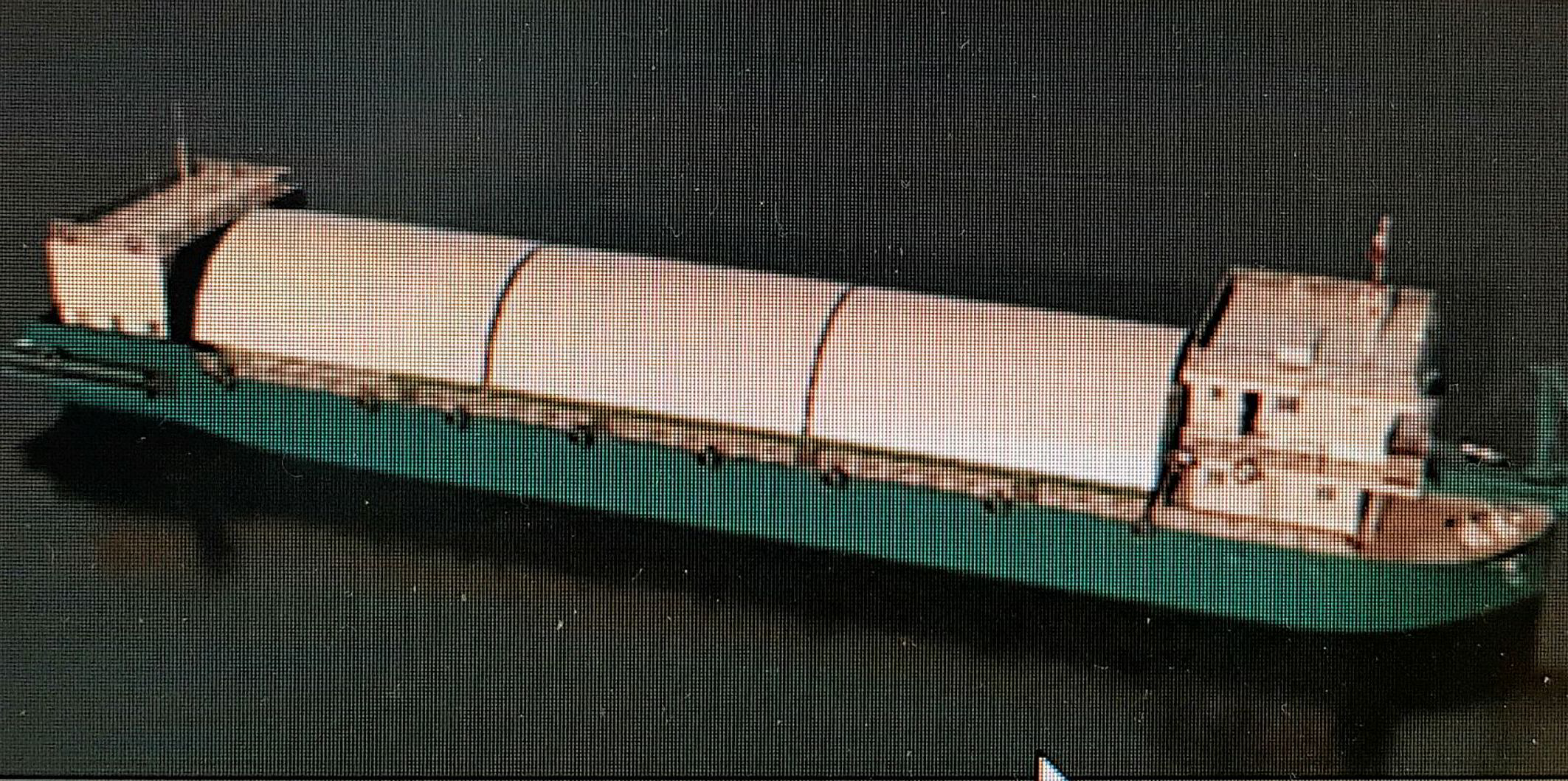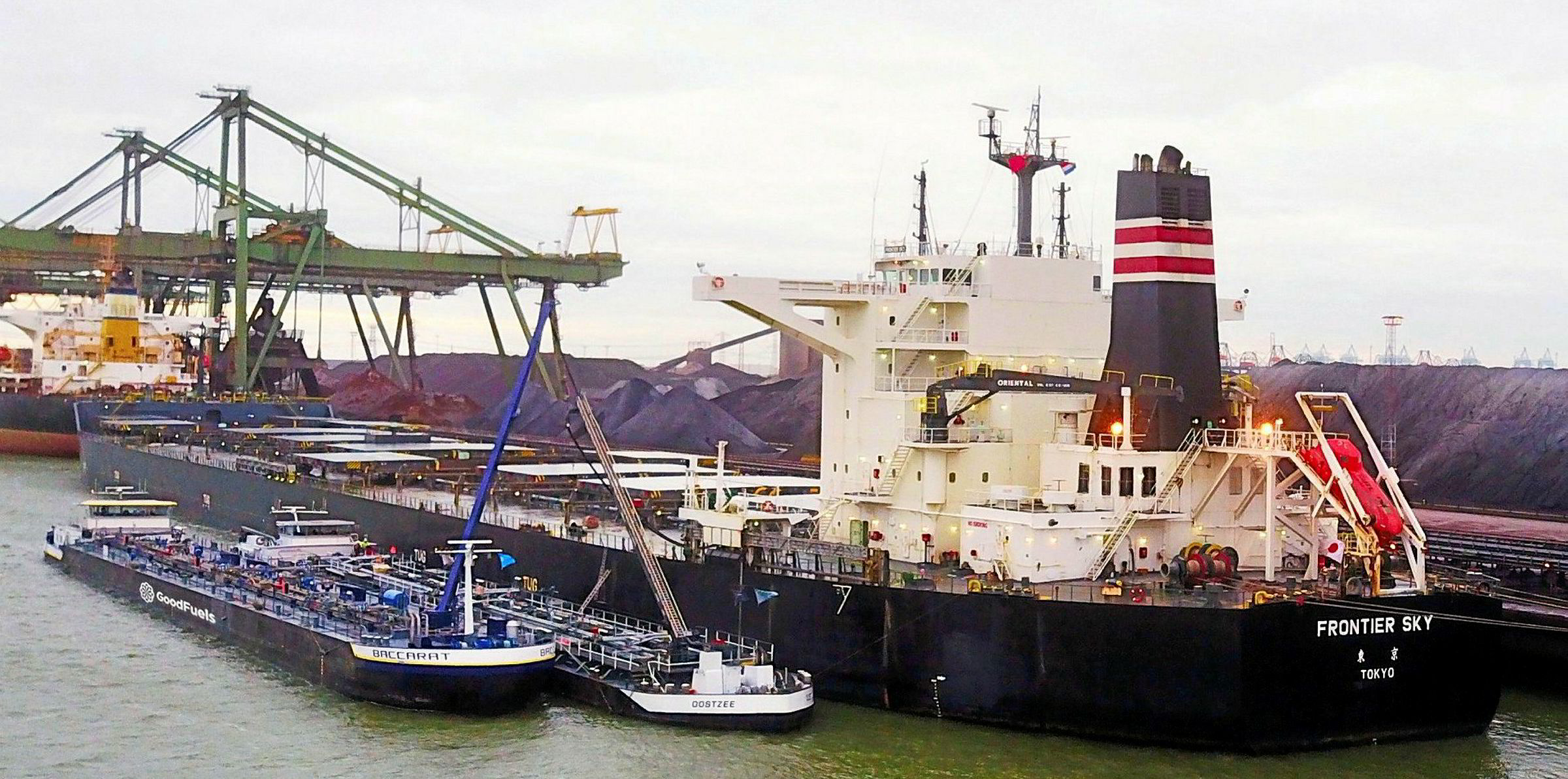Hydrogen fuel cell ships should be welcomed — but with caution. The shipping sector should be extra careful about the technology's safety and compliance issues before getting the potentially hazardous gas on board.


Standards and regulations are gradually developing but it remains to be seen whether and when the global framework will mature. Commercial viability is another concern that takes time to resolve.
Joining in the global effort on developing the carbon-free power source, China has just announced a 2021 trial run for its hydrogen fuel cell mini-bulker. The vessel will be set for a short-haul demonstration on the Pearl River. The announcement forms part of the global commitment to decarbonise the shipping industry.
However, the hype for hydrogen is not risk-free. Despite years of international research and promotion, the number of trial voyages is still scarce and that does not relieve the public and the industry of their concerns for safety. After all, the potential risk of hydrogen is in fact nothing novel to the industry if one still recalls the Hindenburg tragedy.
Hydrogen advocates are not oblivious to safety concerns.
The International Energy Agency Hydrogen Implementing Agreement (IEA HIA) and the Fuel Cells and Hydrogen Joint Undertaking (FCH JU) are examples of global initiatives aimed at promoting the fuel.
Earlier this year, the FCH JU tendered for the demonstration of liquid hydrogen as a fuel for ships, with a view to facilitating regulatory progress. The IEA HIA’s Task 39 — the final expert meeting of which would have taken place this year were it not for the Covid-19 outbreak — is tailored to lay solid groundwork for its maritime application, as well as the global regulatory framework.
Global standards
The international community also understands that safety standards and regulations are the key.
At international level, the IMO's International Code of Safety for Ship Using Gases or Other Low-flashpoint Fuels (IGF Code) has taken effect since 2017 and is expected to regulate the maritime application of hydrogen fuel.
The International Convention on Standards of Training, Certification and Watchkeeping for Seafarers Code (STCW Code) now includes minimum requirements for the training of masters and crew for ships, which are subject to the IGF Code. Eager stakeholders may have started preparing for, or even commenced, training. But only time will tell if these regulations and standards are enough as more and more practical demonstrations actually take place.
At local levels, regulations and standards specific to hydrogen fuel are developing in some regions. For example, Norway passed its Regulation of Ships Using low-flashpoint fuels (flashpoint under 60C) as early as 2017; China has issued specific national standards for hydrogen infrastructure in the past decade; and Hong Kong has enacted the Merchant Shipping (Seafarers) (Ships Using Low-flashpoint Fuels) Regulation (Cap 478AK) in 2019.
Meanwhile, some regions may still be understandably reluctant, for hydrogen is indeed a recognised dangerous substance in most jurisdictions.
The outcome of upcoming demonstrations will determine whether and when the global regulatory framework will mature.
Significant investment
If the trials are satisfactory, port builders should be excited as well since long-term follow-up projects will likely ensue and focus on hydrogen infrastructure at ports. On the other hand, energy providers will have to work their way to lower the costs of hydrogen as a fuel, in order to justify the industry's significant investment in the green energy. Each of these factors plays an important role and will seal the fate of hydrogen as a vessel fuel.
At this stage, it may be too early for any shipmaster to welcome the potentially explosive gas on board, but we should remain hopeful that the green energy will soon prove its worth and help reduce emissions from the transport industry.
Christopher Chan is head of shipping, offshore and logistics at Holman Fenwick Willan in Hong Kong, and Derek Tam is a trainee solicitor in the same office.
Do you have an opinion to share? Email: news@tradewindsnews.com






